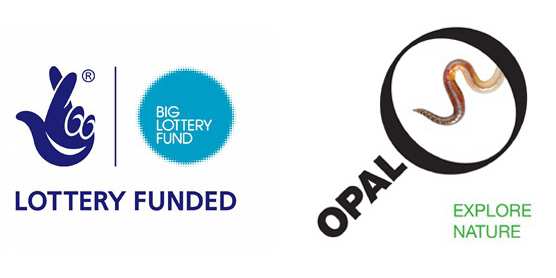This phase will run concurrent with Phase 2, and will focus on the application of waste to land. The work has been supplemented by a second PhD project, with research interests directly relevant to Phase 3, bringing added value and expertise to the soils project.
The continuation of work in phases 2 and 3 will allow exciting and innovative ways for people of all ages and abilities to collect ‘data’ about the natural environment, so by contributing to a much greater understanding of its state. At the same time the survey provides a purpose to spend time outside observing and recording, the opportunity for anyone to become an ‘environmentalist’, whilst developing a real reason for strong and useful partnerships between the community, voluntary and statutory sectors.
Spreading Waste on Land
Research questions for our Phase 3 work are based on the investigation of the use of bio-solids on soils, in an effort to change their chemistry so as to be fit for use; usually this is agricultural land to be used for crop growing or land to be used for grazing by animals. Increasingly, solid wastes are being used to replace or supplement chemical alteration of the soil (fertilisers etc.), but little is understood about the way in which some bio-wastes interact with the soil. This is particularly so for any contaminants that may be present in waste solids, and the effect that their application can have on chemical reactions with the soil. To this end the following questions have been devised:
- Do waste solids contain contaminants such as heavy metals or organo-compounds that can cause the soil to have raised toxicity levels?
- Is this the same for all of the most commonly used wastes or does it apply to only a small number of them?
- Over what time period is there a reaction between wastes and soil, or cause for monitoring of the soil?
- Is there a chemical reaction between solid wastes and soil, that can result in other compounds or gases being released?
- If there is a release of compounds or gases, on what scale is this occuring and what are the likely effects of this release?
- Is there a need for the regulation of wastes applied to soils based on the findings of our work?
These questions form the basis of our initial investigations, but may be subject to change as the scope of the work varies.
An experimental programme was set up to monitor three different kinds of waste products, that have been commercially applied to soils in recent years. This took the form of an MSc student research project, and was active during the summer of 2010. The purpose of the project was to adapt an existing methodology and apply it to the following types of solid wastes used to 'supplement' soils;
- MBT (mechanical biological treatment- recyclates removed from a wide variety of waste types)
- Compost (in-vessel composted, kerbside collected kitchen waste)
- Bio-solids (sludge from waste water treatment plants)
These three products would be investigated to see if their application to soil resulted in the generation of elevated levels of green house gases (GHG) release across soils of differing pH.
The results of the work resulted in the publication of a paper that can be found on our 'Project Outputs' page.
